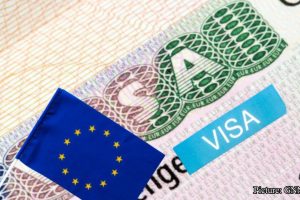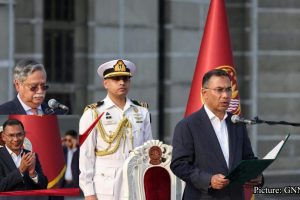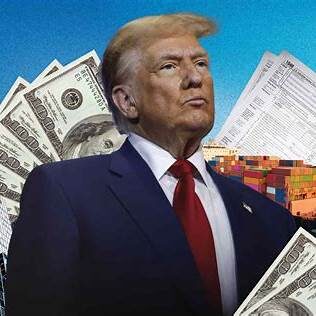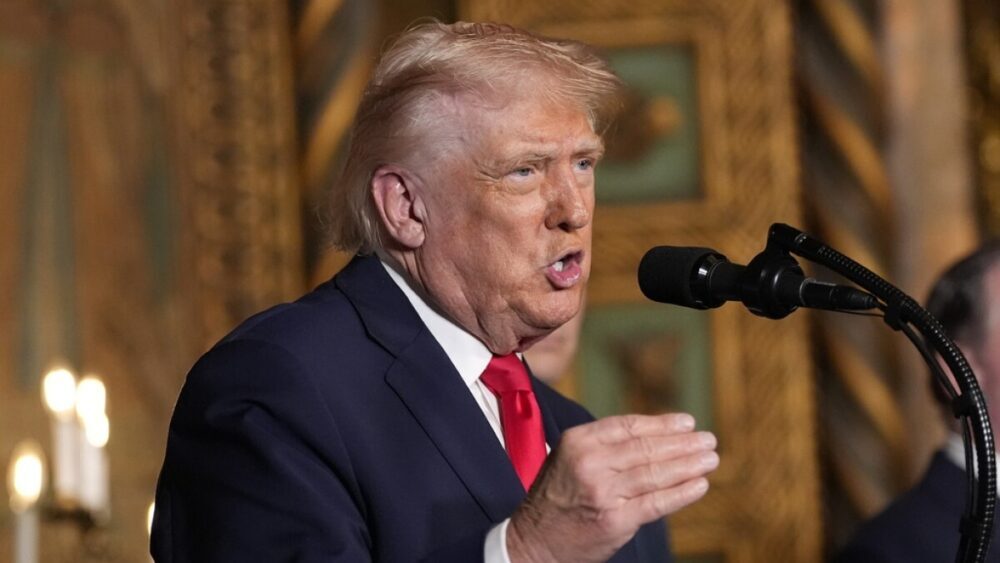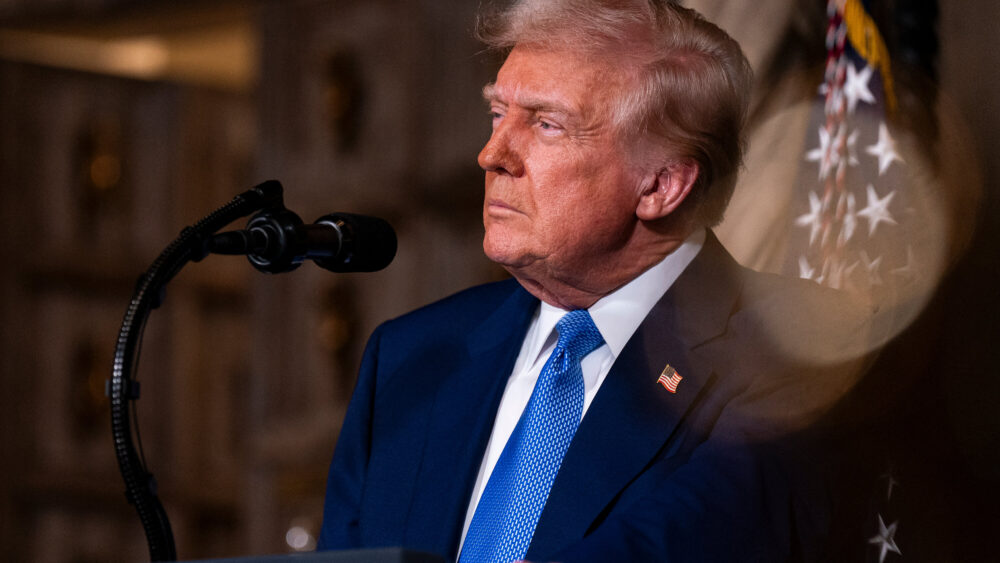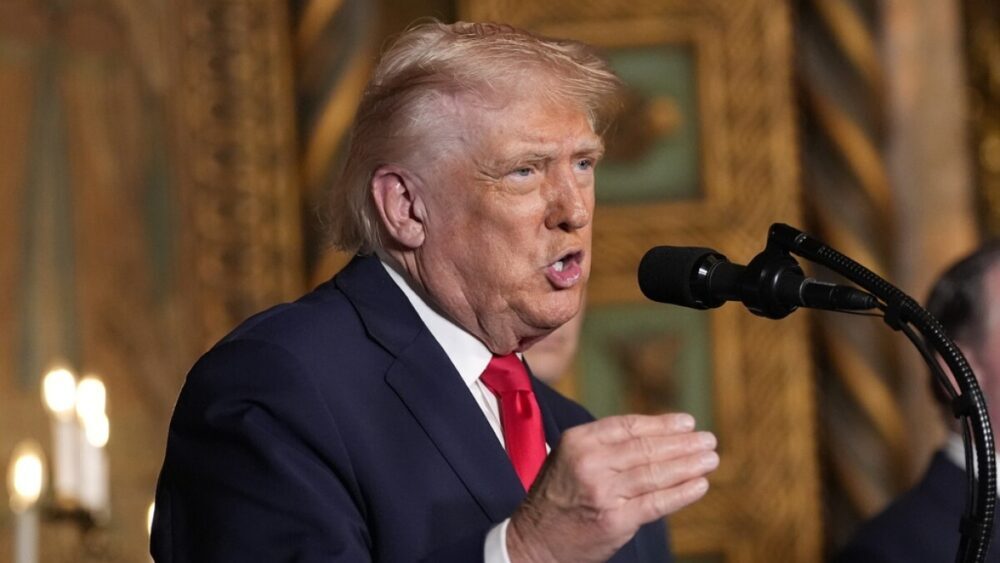President Donald Trump’s economic strategies in 2025 have sparked a nationwide debate, intertwining fiscal policies with concerns about democratic principles. While some view his approach as a necessary overhaul of the status quo, others fear it may erode the democratic foundations of the United States.
Economic Measures and Their Implications
Trump’s administration has implemented significant economic measures, including substantial tariffs on imported goods and a focus on reshoring manufacturing jobs. Proponents argue that these policies are revitalizing American industry and reducing dependence on foreign nations. However, critics point to rising consumer prices and strained international relations as potential drawbacks.
Balancing Economic Goals with Democratic Values
The administration’s economic agenda has raised questions about the balance between achieving economic objectives and upholding democratic ideals. Some analysts express concern that aggressive economic tactics may lead to authoritarian practices, undermining the democratic processes that have long been a hallmark of American governance.
Public Perception and Political Consequences
Public opinion on Trump’s economic policies is divided. While certain sectors report job growth and increased wages, others experience economic hardship. This disparity has led to a polarized electorate, with some citizens questioning whether the pursuit of economic prosperity is worth potential compromises to democratic integrity.



